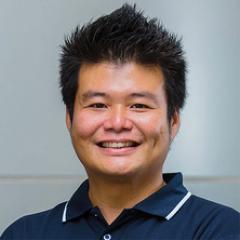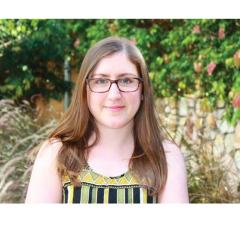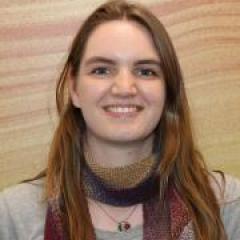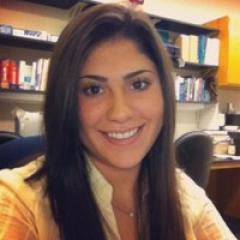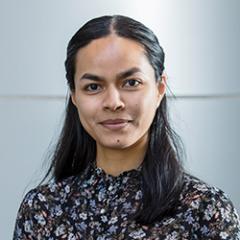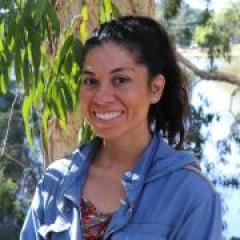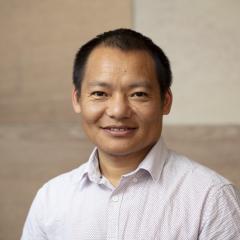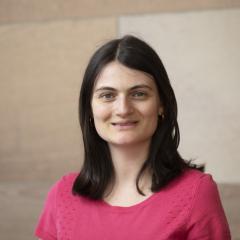A genomic dissection of metaorganisms: molecular approaches for teasing apart the hologenome
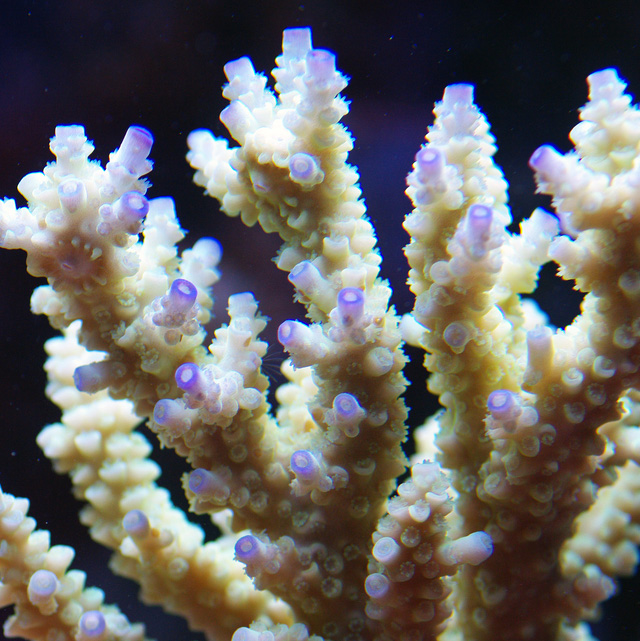 Aims
Aims
Aim 1: to develop protocols for effective isolation of microbiome genomic DNA from holobiont (metaorganisms) samples that are recalcitrant to extraction of genetic material for the individual biotic components (species or strains), specifically samples that contain both eukaryote and prokaryote components. We focus on plant (terrestrial) and coral (marine) tissues; the latter is well-known as the worst-case scenario for microbiome studies.
Aim 2: to develop an integrated approach to generate and analyse genome data from holobiont (metaorganisms) samples.
Brief project outline
Hologenomics is an emerging field of genome research that focuses on the genetic capacity of the holobiont (i.e. an ecological unit of interacting species, or metaorganisms). However, the access of genomic DNA from the distinct biotic components in a holobiont can be challenging, particularly for samples that are recalcitrant to extraction of these DNAs.
Using two model systems, this project will establish protocols for effective extraction of microbiome genomic DNA, and develop an integrated approach for hologenomic analysis.
Genomics-based innovative aspect of proposal
Of specific relevance to this project is the GIH expertise in preparing the biological materials (DNA/RNA extraction) from plant/animal tissues, and preparation of sequencing libraries specifically for long-read sequencing technologies, and the availability of long-read technologies (i.e. PacBio Sequel II and Nanopore) for de novo genome sequencing. The techniques developed in this project can be applied to any other holobiont samples (see below), and can be readily extended to other innovative genomic approaches at UQ, e.g. single-cell full-length transcriptomes.
Broad applicability of the techniques developed
The accessibility of microbiome DNA from holobiont samples remains a key limiting factor in most microbiome and hologenome studies. Therefore, our efficient technique for isolating microbiome DNA from recalcitrant holobiont tissues of plants and corals (the worst-case scenario) will set new standards for future research of this nature. This technique can be readily applied to other holobionts and ecosystems. Our established analytic workflows for hologenome analysis here will also provide foundational reference for the research community.
The established tools and/or workflows from this project will be made publicly available as a resource via the UQ Research Infrastructure Services, open-access repositories (e.g. GitHub) and/or bioinformatics.org.au (the website of the former ARC Centre of Excellence in Bioinformatics). Genome data and annotations will be made openly available in NCBI GenBank via the EMBL Australia Bioinformatics Resource (embl-abr.org.au).
Project members
Research collaborators

